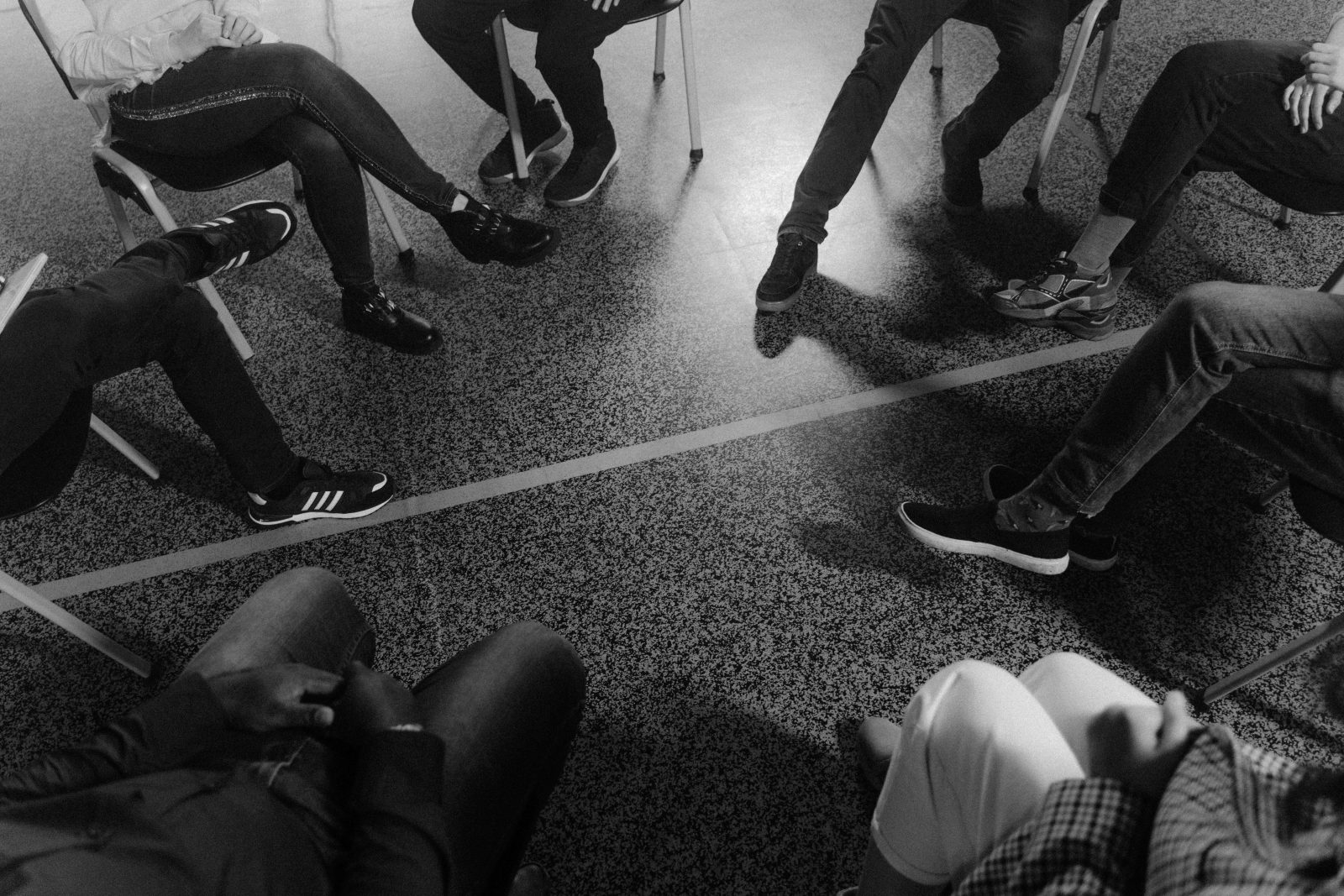Category: Awareness, Mental Health, Personal Development, Stress and Anxiety
September 10th is a day that holds a lot of weight behind it—World Suicide Prevention Day.
It’s a date that encourages us to shield the lives around us, handing out tools to battle a quiet enemy. It’s not for crying over losses, but for lighting up hope with a promise to stop tragedies before they strike.
It’s a resounding reminder that behind each statistic and number lies a person, a story, a life.
Yet, we often skirt around the topic of suicide. This day, however, jolts us to forge bridges and helps those entangled in crisis.
Why is this day important?
Suicide snatches more than 700,000 lives each year, jumping to the 12th top cause of death worldwide.
It lurks as the second biggest taker of lives among 15 to 29-year-olds. The blow echoes deeply, mostly gripping young people, men, and left-out groups.
Despite these figures, the subject often languishes in secrecy and stigma. Many fret that openly discussing it might be the problem. But the reality is, that entombing it in silence can be deadly.
National Suicide Prevention Day strives to be rid of this silence. It’s a call for awareness – a pressing plea for us to fathom that suicidal thoughts can ambush anyone, regardless of their background or circumstances.
How does this day help others who struggle?
Talking about suicide doesn’t plant the idea in people’s minds; instead, it breaks down the walls of loneliness that trap people.
When we speak openly and honestly about it, we show those who are struggling that they’re not alone and that there’s still hope, even in the darkest times. Here’s how this day further helps those people:
Support for those affected
For those who have been wrenched from a loved one by suicide, the grief is a constant, unanswerable ache.
National Suicide Prevention Day provides those affected with a lifeline, a sanctuary to commune with their loved ones’ memories, unburden their anguish, and connect with others who truly grasp their experience.
But this day isn’t just about remembering those who have died; it also supports people who are still alive and quietly struggling with their mental health problems. It’s about loudly saying, “We see you. We hear you. And we’re here for you.”
Educating communities
Learning more about warning signs like sudden mood swings, withdrawing from loved ones, or displaying extreme irritability can be crucial in identifying those at risk.
Recognizing these signs early can make a significant difference in providing support and preventing tragedy.
National Suicide Prevention Day wields itself as a potent tool for illuminating people about the realities of suicide, particularly the criticality of early intervention.
This learning cultivates a culture of care and teaches people to look out for one another and know how to spring into action when someone they cherish is struggling.
Advocating for Deeper Change
While kindling awareness is vital, National Suicide Prevention Day also ignites deeper, systemic change.
It’s a launchpad to propel improved policies, amplify funding, and broaden access to mental health services. It prods us to ask: Why does mental health support still elude so many? Why do resources cluster in suburban areas, leaving access in lower income urban hubs and rural areas in the dust?
This day unmasks that suicide prevention isn’t just a mental health issue; it’s a clarion call for social justice. It summons leaders, organizations, and communities to elevate their game.
Cultivating Hope: Stories of Resilience and Healing
National Suicide Prevention Day is more than just making people aware; it’s about giving them hope.
It’s about sharing stories of people who have been close to suicide but found a way to recover, of communities coming together to support each other, and of lives that have been changed for the better through kindness and understanding.
By broadcasting these stories, we encourage others to seek aid, vocalize their struggles, and anchor themselves in their resilience and the strength of those encircling them.
A Shared Responsibility
National Suicide Prevention Day echoes as a shared rallying cry.
It’s an opening to revolt against stigma, to scrutinize our own beliefs about mental health, and to help those who need it most.
Whether it’s by stoking awareness, enlightening ourselves and others, crusading for better policies, or simply standing sentinel for someone in crisis, every stride matters.
Together, we can craft a world where mental health is taken just as seriously as physical health, where asking for help shines as a mark of power, and where every life glows with worth.
Preventing suicide isn’t just the expert’s job, it’s a mantle we all can take up.
If you or someone you know is in crisis, lend them a hand by either directing them to the 988 Suicide and Crisis Lifeline or by calling or texting them yourselves.
We at Mid Cities Psychiatry encourage you to take up that mantle and help those you love who may be struggling in any way you can.
If you wish to learn more about mental health issues, don’t hesitate to visit us.

